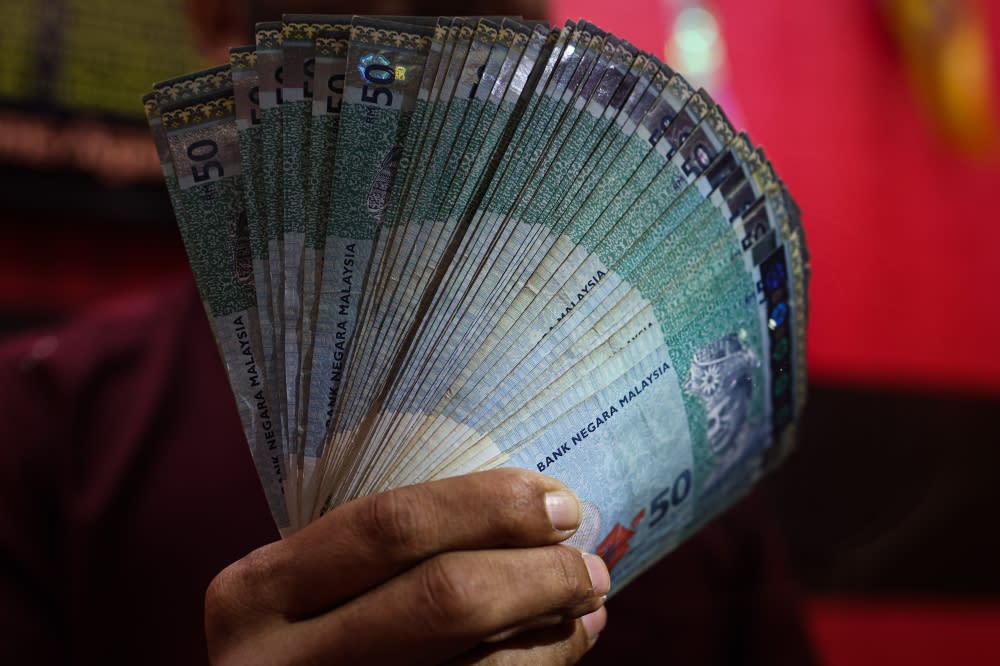Ringgit’s decline due to 1MDB shock and lack of competitiveness in Malaysia post-Asian financial crisis, says World Bank economist

KUALA LUMPUR, Feb 23 — The World Bank’s lead economist for Malaysia Apurva Sanghi today said the ringgit’s poor performance can be attributed to the lack of competitiveness in the country the past 28 years after the 1998 Asian financial crisis.
He also said that the decline was partly a consequence of the 1Malaysia Development Berhad (1MDB) financial scandal.
“Weak ringgit is ultimately a symptom of long-term decline in Malaysia’s competitiveness,” Apurva said in a series of postings on X, the platform formerly known as Twitter.
He said that while many Asian countries also slid after the 1998 financial crisis, Malaysia’s lack of reform affected its economy in the long run.
According to Apurva, Malaysia opted for a short-term solution that boosted the ringgit in the immediate aftermath of the financial crisis but consequently hurt the currency’s in the long run.
He said the government’s measures resulted in its GDP and exports to fall.
In comparison, he said the Thai baht and South Korea’s won outperformed the ringgit because those countries arguably reformed the most after the financial crisis.
The economist also said that China’s economic deceleration and the recent hike in the United States’ interest rates have only impact the value of the ringgit slightly.
“1MDB shock also severely dented ringgit,” he said.
He noted that a country’s currency reflects its societal, economic, and political vibrancy.
“External factors (United States, China) clearly important but affect different countries differently. Why? Because of differences in domestic conditions & response,” he said.
As an example, he said the Vietnamese dong performed better than the ringgit despite Vietnam’s heavy reliance on China’s exports.
The ringgit has been on a slide in recent days and hit its lowest this year on February 20, when it traded briefly at 4.7965 against the United States dollar.
The ringgit was at its lowest value during the Asian financial crisis in 1998 when it traded at 4.7965 to the greenback.
Financial news broadcaster Bloomberg reported that this was due to Malaysia’s sluggish economic growth moving slower than expected.
On the same day, the ringgit hit an all-time low of 3.56 to the Singapore dollar.
At noon today, the ringgit traded at 4.775 against the United States dollar.
The USD factor:Sure, USD affects MYRBut PHP, VND, IDR, THB – have all depreciated less than MYR since the last US rate hike (fig) pic.twitter.com/dVssYgz2Gx
— Apurva Sanghi (@ApurvaSanghi) February 23, 2024



